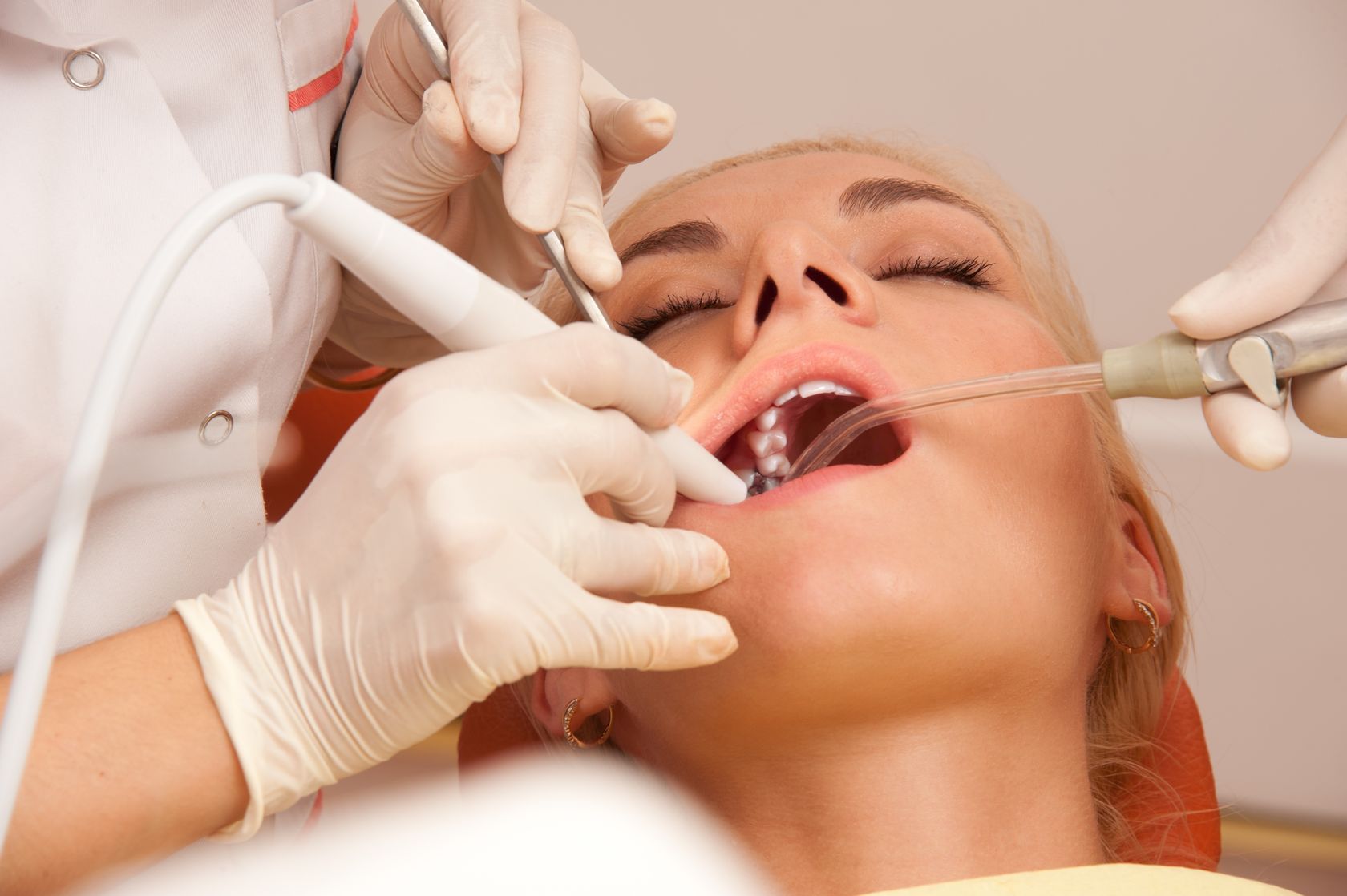
We can Help you Overcome your Fear and Anxiety
Dr Tony Younis has special interest in conscious sedation and Hypnosis. He is endorsed by AHPRA to provide sedation to his patients.
He completed his graduate diploma in clinical dentistry (conscious sedation and pain control) at Sydney University Westmead Hospital.
"My philosophy of care less is more when it comes to patient management. I would like to take care of my patients physically and emotionally during treatment. Safety and support of each person are emphasized and their individual identity, dignity and need for privacy are maintained"
We employ the latest techniques and drugs to help you feel comfortable and relaxed during treatment.

One Appointment Dentistry
One Appointment Dentistry is available - to have all dental work in one visit under IV or oral sedation in our rooms or under General anaesthetic at Nepean private hospital.
You can get the dental treatment you've been putting off for so long, whether it's a routine dental hygiene visit or a restorative procedure.
Who Can Benefit?
- People with fear and anxiety which stem from many reasons
- Difficulty to get numb. The local anesthetics may not work properly.
- Strong gag reflex.
- Having oral surgery and wisdom teeth extractions
How Does it Work?
Oral sedation: you take two tabs of oral sedative 1 hour before your appointment.
Sometimes we give you two more extra tabs before giving local anaesthetic to help you feel more relaxed.
IV sedation: one or more drugs are administered into a vein. The amount of drugs varies according to the individual weight and needs. Afterwards local anaesthetic is administered, so patients will not feel pain during the procedure and afterwards. Patients are constantly monitored to ensure the optimum level of sedation is achieved.
Conscious sedation is very safe and effective. It is not a replacement for General Anaesthetic, at no time is the patient unconscious during the procedure and will respond to command from clinical staff and may even hear the conversation but may not recall it after due to amnesia (loss of memory of the events).
